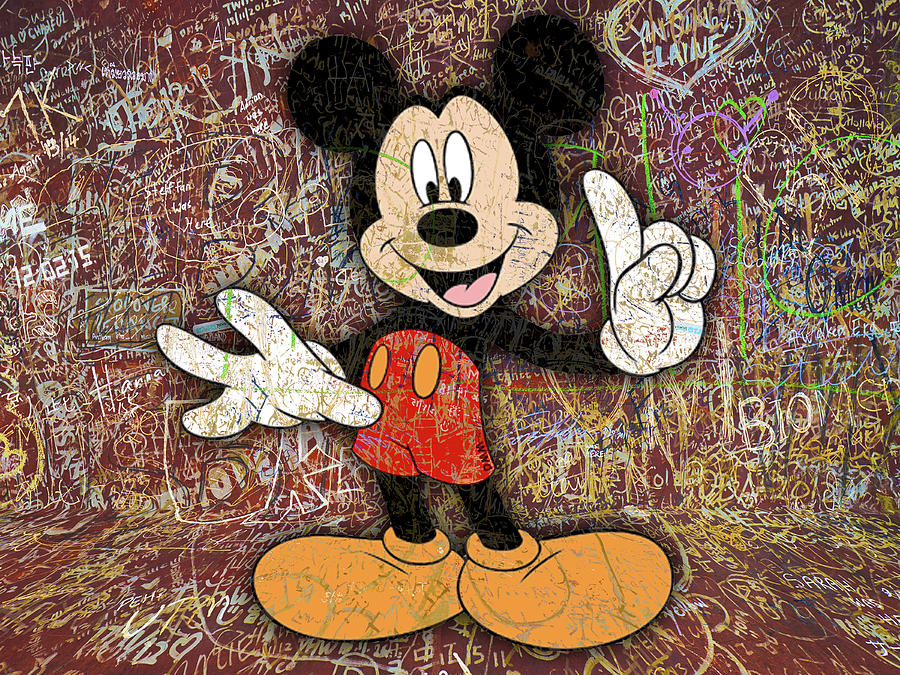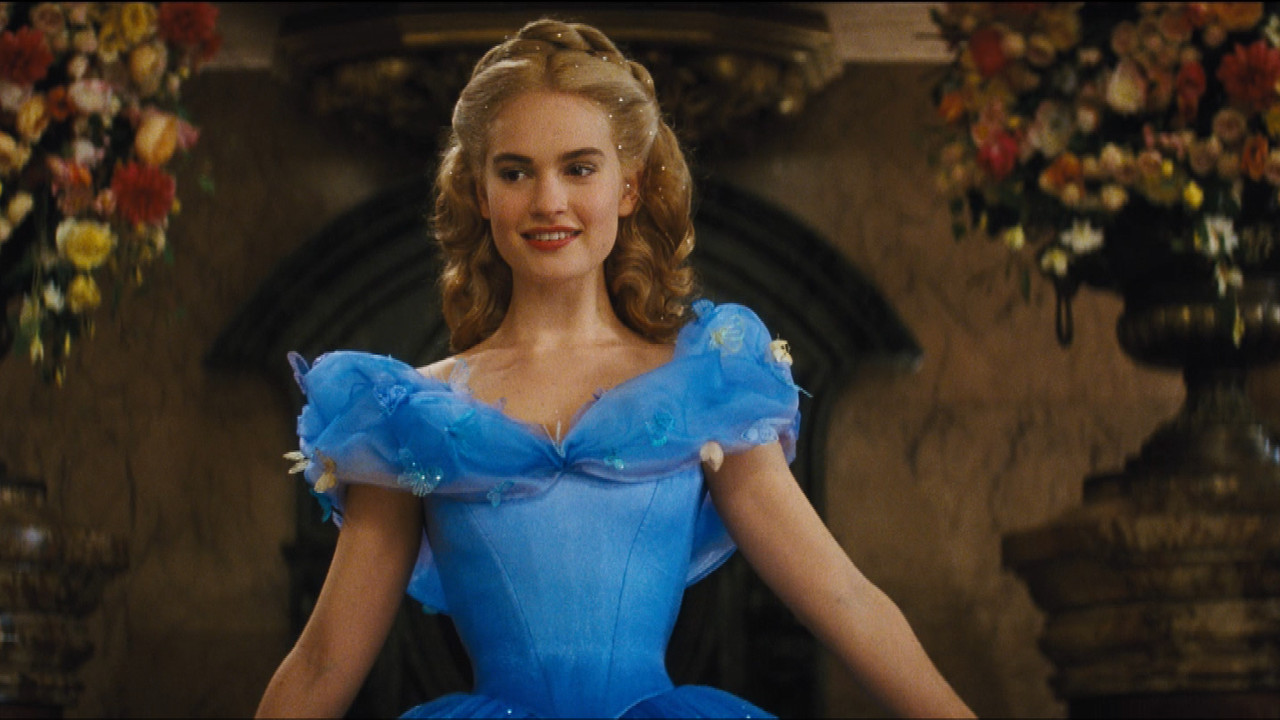When we think our awareness gets tied up in tiny little parcels, it gets tightly and narrowly constricted as if by a clutching, squeezing fist. Each and every thought we think does this to us – every thought we think shuts us up in a blank little box. Every thought we think narrows our world so much that there isn’t actually anything real left for us at all.
Our everyday thoughts close us in. They shut the door tight, leaving us in a sealed chamber. They consign us to the sealed and sterile chamber of the rational mind. With uncanny efficiency our everyday run-of-the-mill thoughts block out the glorious pure white light of undifferentiated consciousness, leaving us choked and stifled in Stygian darkness.
Our thoughts pull us down from the vastness of space. They draw us back ignominiously from the timeless immensity to confront the petty. They summon us unceremoniously from realms of endless profundity to attend to the ten-billionth repetition of the direst, most pestilential banality.
Why would we tolerate this? Why would we lend ourselves to such nonsense? Why would we place ourselves at the beck and call of every inane half-assed thought that comes along? Why would we allow ourselves to be summoned from the Immensity, where we commune with infinity, to be made into the helpless passive spectators of a series of cheap and tawdry images? Why would we permit ourselves to be called down like this from the heights, and then accept unquestioningly our confinement a dismal plastic cubicle?
The obvious answer to this question is that we know nothing of the immensity. We have no experience of the infinitely profound. We have no memory of the wide open spaces. For this reason we have no ‘wider context’ from which to gauge the true value of the images that thought compels us to contemplate. We do not know that limitless breadth, that tremendous unconfined spaciousness, and so how are we to know that the conditions which we have to put up with are diabolically cramped?
In the absence of proper perspective, we will put up with anything; we will accept anything as normal, no matter how appallingly impoverished and deficient it is. As the character Cristof, the executive producer of the fictional reality TV program The Truman Show (in the 1998 film of the same name) points out, “We accept the reality of the world with which we are presented.” Thus, everything depends upon the good intent, honesty and integrity of the agency that has the job of mediating reality. But can we trust any agency, any mediator?
There are two possible ‘agencies’ that we might consider here. The first agency is rational thought, which interprets and represents everything according to its own format for understanding things. It operates by fitting everything into its own pattern, its own categories, its own schema. The world created by rational thought has a very particular character or property and this is the character or property of being closed to anything that isn’t specifically represented along the lines which it itself is predisposed to representing things. We don’t generally tend to consider that this is how thought works but a moment’s reflection is all that is needed to show that this must indeed be so. Inasmuch as thought is logical, it must necessarily exclude all those possibilities that are not permitted by the laws of logic, which are surpassingly strict. We can therefore refer to the world that is created by rational or logical thought as being made up of something that we will call extrinsic space.
Extrinsic space is simply the set of all those possibilities which are allowed by the logical framework that the rational mind takes for granted. The essential point to make about extrinsic space is that it contains no possibilities that have not been specified in advance by the system as being lawful or legitimate. We may define it therefore as ‘space that has been explicitly and exclusively defined’. We can also see extrinsic space as a formal exercise or game. It is a mapped out terrain, a bounded domain. It is a closed system – a formally-described world, a managed or regulated world in which no radical surprises can ever occur, only trivial ones.
Extrinsic space corresponds therefore to what James Carse calls a finite game. Whilst there is no radical uncertainty regarding outcomes that can happen in a finite game there is instead what we might call trivial uncertainty. Trivial uncertainty is when we don’t know whether a particular outcome that has been specified in advance will be realized in the course of a game or whether it will not be realized. Realizing this specified outcome is called winning and not realizing it is called losing. Within extrinsic space there exists compulsivity with regard to this matter of winning or losing. We do not have the freedom to not play the game, in other words. According to the system itself the only way to ‘beat the system’ is to obtain the specified outcome. From within the system obtaining the right or correct outcome (i.e. ‘winning’) is implicitly represented as the only way to obtain relief or freedom from the compulsivity inherent in that system. And yet winning is by definition a state that exists within the system just as much as all other specified outcomes do, and so it cannot be the case that winning is synonymous with freedom. This is implied, but it is not true – the (hidden) truth is that the whole set up is just a continuous merry-go-round, a closed tape-loop.
The other ‘agency’ is not actually an agency at all. It is not an agency because it does not take up an active role of representing reality in accordance with how it feels reality ought to be represented, but rather it allows reality free reign to manifest itself in whatever way it is going to. This is like the Governor of a country who governs that country by not governing, by not interfering. He or she ‘steps back’ and lets things unfold according to their own law and so no external (i.e. no extrinsic) law is imposed upon the domain. There is no compulsion for things to be any particular way. The set of possibilities that is produced by this all-allowingness (by this all-inclusiveness) is known in set theory as the Universal Set, U. U is an extraordinarily interesting sort of a thing in that it is quite unbounded. Nothing is excluded, it is closed to no possibilities, and thus we are left with a completely open situation. Furthermore, because no possibilities are excluded or ‘left out’, we can say that the Universal Set is a mathematical way of talking about Wholeness (or Unity).
Wholeness is clearly a generous sort of a thing because there is absolutely nothing that is held back or denied. It is also clearly an ultimately expansive (or spacious) situation because there are no limits, no boundaries beyond which we cannot go. This is the way things are when no external (limiting) order is being imposed, when things are allowed to be ‘as they are in themselves’, and so we can refer to it as intrinsic space. Thus whilst talking about extrinsic ‘space’ is a complete and utter misnomer since there is no real space to be had in it, no real freedom to be had in it, intrinsic space genuinely is spacious, in that it is ‘all-allowing’. But as to the question of what it allows we cannot say because to say that would be to convert intrinsic space into extrinsic space, which is of course the characteristic operation of the rational or logical mind. About the Universal Set, U, therefore, we can never know anything at all.
Within intrinsic space nothing is known or defined, nor can it ever be. This is another way of saying that within intrinsic space everything is radically uncertain. In complete contrast to this, what we have called extrinsic space is like an Orwellian-style police state where everyone is monitored and everyone’s details are known. In an Orwellian police state every citizen has to carry an ID card around with them at all times – without such authorization there is no possibility of being allowed to walk freely around the streets. All citizens are monitored, and thus all citizens are controlled. We only have the freedom to do what the State allows, what the State sanctions, and this is another way of saying that we don’t have any freedom.
In intrinsic space no ID (or ‘authorization’) is required and there are no rules regarding what a person can do or not do. Nobody carries ID documents, nobody is being monitored, nobody ever has to give their details to police or to customs officers and so there is absolutely no way to know who is in the country. Intrinsic space doesn’t keep tabs on such things – it doesn’t even care. To quote Richard Bach from his novel Illusions –
Reality is divinely indifferent, Richard. A mother doesn’t care what part her child plays in his games; one day bad-guy, next day good-guy. The Is doesn’t even know about our illusions and games. It only knows Itself, and us in its likeness, perfect and finished.
Clearly, within such an incomprehensibly wide field of possibilities as is offered by intrinsic space no special weighting can be attached to any pre-specified outcome. Since all pre-specified outcomes are in their ultimate nature both essentially unknown and essentially unknowable it doesn’t make much sense turning them into goals. How do I know that the goal-state is ‘ultimately desirable’ unless I can know everything about it? And conversely, if I can’t know anything about it, then what on earth is the point in making it into a goal? Goals only make sense as goals when they are final, when they are incapable of ever being revised, and in intrinsic space nothing is ever final. Similarly, definite statements are only definite when they are final, insusceptible to radical revision, and in intrinsic space nothing is ever definite.
Intrinsic space corresponds to what James Carse calls the Infinite Game. Whilst finite games are all about ‘securing known or final outcomes’, and so bringing all play to an end, in the Infinite Game we play to be surprised – we play to keep the play going. In the Infinite Game we play not because we want to close everything down, but because we want to open everything up. The fact that there are no absolutely defined goals in intrinsic space (and therefore no winning and no losing) means that there is no compulsivity, which is the order of the day in extrinsic space. Instead of compulsion there is only curiosity. Instead of being constantly compelled to obtain outcomes that we already know about we are free to take an interest in all the stuff that we don’t already know about, which actually turns out to be the whole world.
Intrinsic space, therefore, is infinitely benevolent, infinitely generous and unreservedly honest. Extrinsic space however (which as we have said is the agency which mediates reality for us) – in stark contrast to this – is terribly stingy and appallingly ungenerous, far worse than any Scrooge, and fundamentally dishonest and crooked into the bargain. The reason we can say that it is ungenerous is because it only permits us a very narrow slice of reality – a vanishingly narrow slice of reality. The reason we can say that it is dishonest is because it claims throughout to be presenting us with the whole of reality, not just a fantastically limited segment of it. Thus, extrinsic space implicitly represents itself as being unstintingly generous whilst in reality it is irredeemably mean. This is just like a man who makes out to everyone that he is a great fellow altogether because he is giving you a few scabby potato peelings for your dinner, whilst the whole time he is secretly keeping a veritable feast for himself.
The reason that intrinsic space is infinitely generous and unreservedly honest is because it does not serve itself. And the reason that it does not serve itself is because it has no self to serve. It has no allegiances, no prejudices, no favourites. As the Tao Te Ching says, the great Tao flows everywhere, turning either to the left or to the right, nurturing and sustaining all things, and yet it does not claim any credit for this, nor does it lord it over them. Other translations say that the great Tao ‘does not rule over the myriad things’. No possibilities are favoured over any others; no preferential treatment is given. There is no plan or preconception about ‘how things should be’.
Extrinsic space however is biased. It is in its nature to be biased – a good definition of extrinsic space is to say that it is a logical system that is constituted of ‘invisible bias’. Extrinsic space is biased and it rules in accordance with this bias. It supports and nurtures only those possibilities that agree with its own inherent preferences – which is another way of saying that it supports and nurtures only itself. Nothing gets to exist in this logical system unless it exists solely on the terms of the system. Logic is a jealous god in this respect and will not tolerate any other master than itself. And yet the view or format that thought presents us with as ‘the one and only authorized true version’ is not the only viewpoint at all – it is like a single page that has been ripped out of a book with infinitely many pages, and that has then been falsely presented as the whole of the book. Thought is therefore not only mean in what it allows us, it is also fundamentally deceptive.
Thought is a trickster – and more than this – when we are unaware of its true nature and fall as a consequence of our unawareness under its deceptive power, it is a crooked master to boot. What it does when it gets us under its power is to block out all perception of reality other than the infinitely narrow slice that it itself permits us. This is the slice of reality which corresponds to itself and so we can say that the version of reality we are permitted to perceive when we fall under the power of rational thought is the reality of that rational thought, and nothing more.
Or to make this point more strongly, what happens when we fall under the power of rational thought is that we are possessed by it, taken over by it, and then as a consequence transformed into a mere shadow of who we really are. We become shadow creatures living in a shadow world. We become like the shackled prisoners in Plato’s Cave, who see only shadows and know only shadows, and whose entire world is composed of nothing more than the constantly flickering play of shadows.
We are what we think. We become what we think. We become as unoriginal as our thoughts. We become as blank as our thoughts, as sterile as our thoughts. We become as small as our thoughts. We become as petty as our thoughts, which is very petty indeed. Because thought does not concern itself with the ‘bigger picture,’ the ‘grand scale’ of things, neither do we. Because thought denies immensity, turns its back on immensity, shuns immensity, so do we.
By aligning ourselves with the pettiness of thought, we align ourselves against all that is immense, all that is profound.






